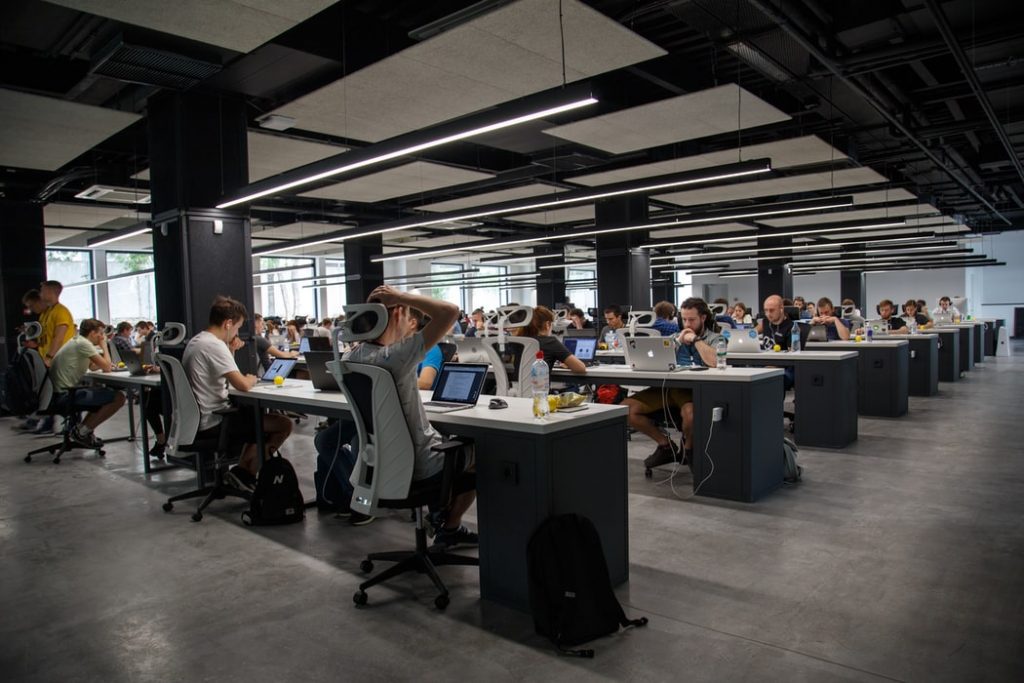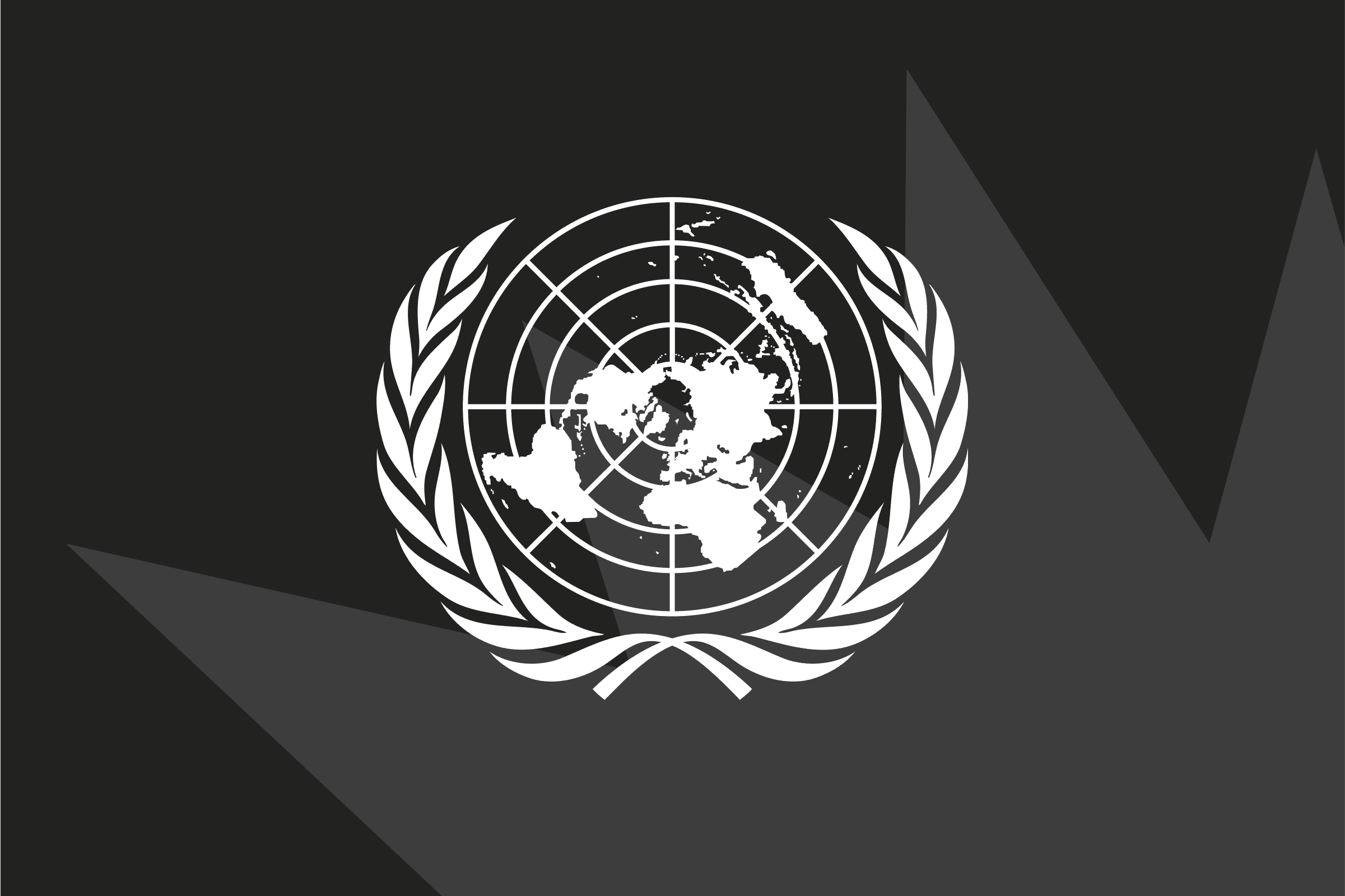On November 26th, 2007, the General Assembly of the United Nations declared February 20th as the World Day of Social Justice, to be celebrated and commemorated annually. By doing so, the UN recognized that social development and social justice are non-negotiable and necessary for the achievement and maintenance of peace and security within and among nations and that, subsequently, social development and social justice can’t be possible in the absence of peace and security (or in the absence of respect for all human rights and fundamental freedoms, for that matter).
Each year, the celebration of World Day of Social Justice has a specific theme, focusing on relevant, current (and probably on-going) issues pointed by the International Labour Organization in their annual flagship report – their latest one was titled: “World Employment and Social Outlook 2021: The role of digital labor platforms in transitioning the world of work.”

For the last 10-or-so years, we’ve witnessed a global expansion in broadband connectivity, cloud computing, and data-driven businesses, which all have led to the proliferation of digital platforms (this was even discussed in the US Senate), escalating and penetrating a large number of sectors of the economy and societies worldwide. Since early 2020, the COVID-19 pandemic and its subsequent global crisis made remote working the new norm and all (or most) businesses had to make the proper arrangements to adapt, to enable the continuation of their activities, but also further reinforcing the growth and impact of the digital economy and its large, fast-paced spread.
This is why the focus of this year’s World Day of Social Justice is “A Call for Social Justice in the Digital Economy”. The UN’s goal this 2021 is to foster dialogue on actions needed to overcome the digital divide, encouraging brands and companies to provide decent work opportunities and protect labor rights in the modern era of digital technologies. The fact that you’re working from home or remotely from your laptop doesn’t mean that you’re not being exploited by your employer, or that you’re not allowed to ask for better work conditions if you feel mistreated. We all can do a part (even a small one) in stopping digital work to become the new form of “forced labor” in modern society.
